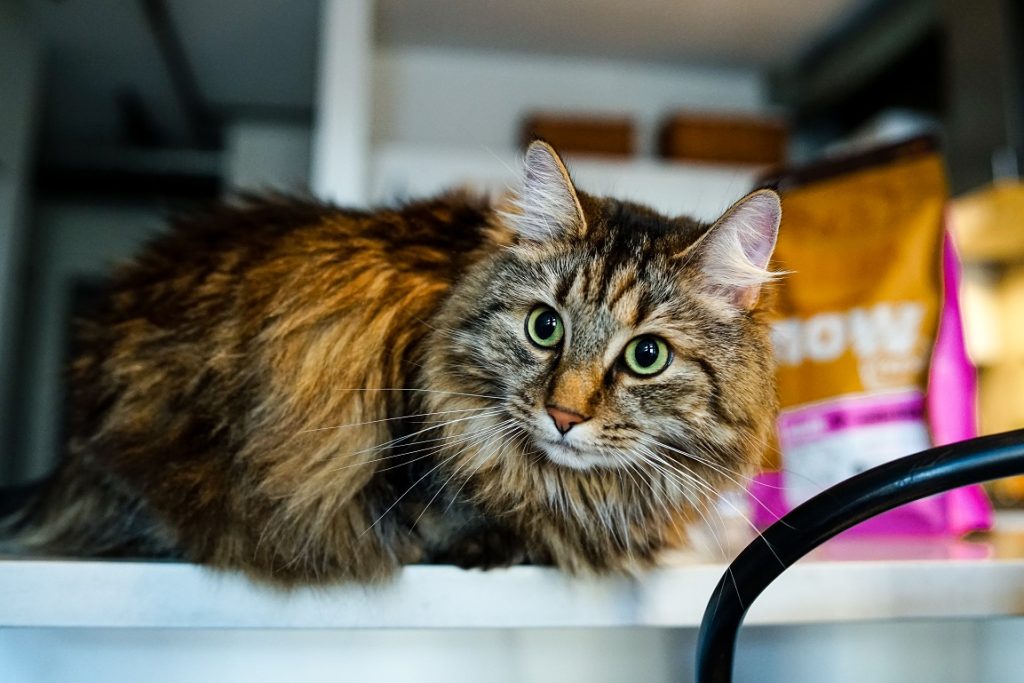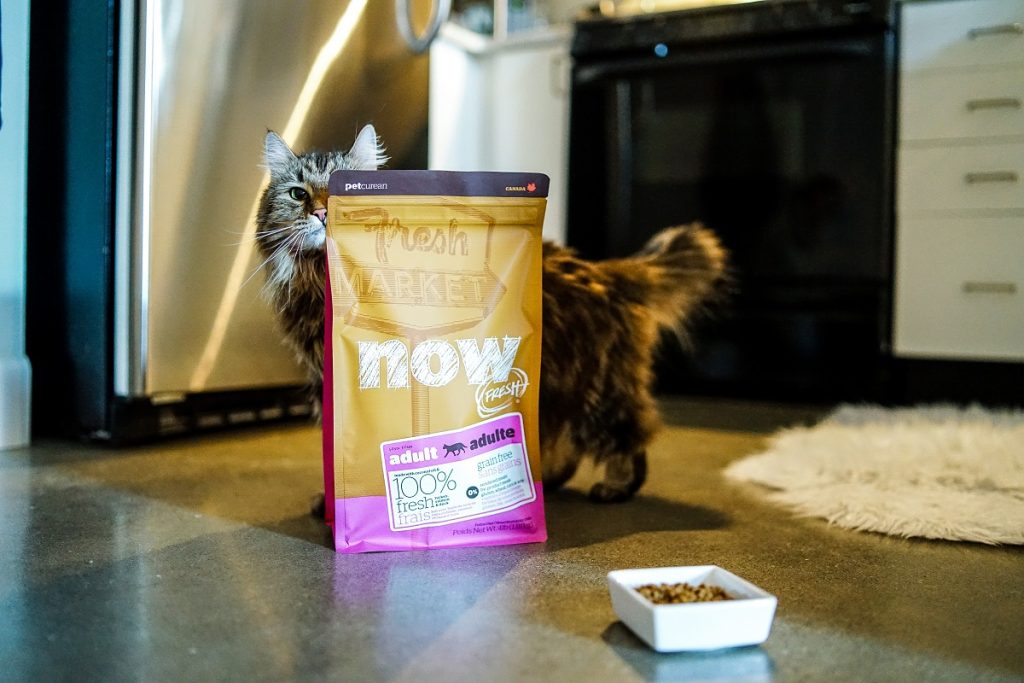By Petcurean, https://www.petcurean.com/
While many of us have been staying home to contribute to public health and safety, some have also opened their homes to new pets. According to the Humane Society of the United States, the rates of fostering in particular have increased by 90 percent in some cities. In Canada, adoption numbers have increased by up to 60 percent across the country. There are even reports of shelters being completely empty because all their animals have been adopted or placed in foster homes.
If you’re considering adopting a pet or if you recently welcomed a pet into your home, your timing is perfect. June is Adopt a Cat Month, which is intended to encourage people to consider adding a feline fur baby to their family. There are typically way more cats in shelters than dogs, and cats also tend to be more overlooked by people looking to adopt. Cats make great pets – they can be cuddly, comforting and a lot of fun. A 2015 Australian study even found that cat owners tend to have better psychological health than people without pets.

If you’ve decided to adopt a cat, or if you’re considering it, here are five tips to welcome them home in the best possible way.
Give them a designated space
Because the space is unfamiliar to them, coming into a new home can leave cats feeling very uneasy. It’s good to choose a room to call their own for at least the first few days – ideally somewhere that doesn’t get much traffic. You’ll need a litter box, a bowl of water and some food to start with. It’s best to put the litter box in the most private place possible, and you don’t want the food and water placed close by for obvious reasons. You’ll also want to ensure there’s somewhere comfortable for you to sit as you get to know the newest member of your household. Once your cat gets used to their designated space, they’ll eventually become more comfortable venturing out to explore the rest of your home. Let them do it on their own terms.
Give them something to scratch.
Cats scratch for many reasons – to stretch their bodies, flex their feet and claws, and to remove the dead outer layer of their claws. It’s best to get them some kind of scratching post to use so they don’t decide to dig into your furniture. There are many sizes and shapes available, but make sure the one you choose is at least as tall or as long as your cat when they are fully stretched out. You can train your cat to use it with a little cat nip or by hanging something that dangles down for them to play with. If you have multiple rooms with upholstered furniture or carpet, you may want to have a couple of scratching posts around the house. Cats will always need to scratch, so of course the best way to avoid any damage is to keep their claws trimmed regularly.
Choosing the right food
It’s important to choose a recipe that’s right
for your cat, and to look for foods which are minimally processed, and
nutritionally balanced with fresh meats, non-rendered fats and nutrient-rich
superfood ingredients. It’s
also a good idea to pick a food that’s meant for the age of your new feline
friend. For example, well-formulated recipes for kittens will include
more calories, protein and fat to support the growth of a young cat. Quality
brands will offer recipes formulated to meet the unique needs of kittens, adult
cats and senior cats respectively, and each variety will be clearly labelled as
complying with Association of American Feed Control Officials (AAFCO) requirements for that particular age. Look for a statement on
the label that the recipe meets the regulatory standard of the AAFCO. This guarantee should be readily available on
the bag – such as: “NOW
FRESH™ grain free Kitten recipe is formulated to meet the nutritional levels
established by the AAFCO Cat Food Nutrient Profiles for Growth.” It shouldn’t be hard to find the information
you are looking for to make these decisions. Everything you need should be
right on the label.

Your local pet specialty retailer is also a great resource in helping you decide what’s best, especially if your cat has more specific dietary requirements due to some underlying health concern.
Be mindful of how you give treats
Giving a food-based treat is a great way to show love, but many treats are full of unnecessary calories that can lead to problems down the line. You can still give them food-based treats of course, but don’t overdo it and factor this into their overall calories for the day. Other ways to show affection include extra time playing, giving head bumps, and offering extra tummy rubs or chin scratches. You can also replace higher calorie treats from the store with something healthier from your fridge, like a piece of cooked fish or plain boiled chicken (no sauce or seasonings!).
Watch their weight
Ensuring your cat maintains an optimal weight is one of the most important things you can do to ensure their overall health and wellbeing, and using a body score chart is great way to keep track. The easiest way to prevent weight gain is by ensuring that you don’t over feed them, and that they get enough exercise each day. At their ideal weight, cats will have a proportioned, slightly hourglass body shape when viewed from above, a slight tummy tuck, and a thin covering of body fat over the ribs and spine. When running your hands along their body, you should be able to feel the ribs and hips without pressing hard.
Congratulations to all the new cat parents out there. You’ve made a great decision and your newest family member will bring you joy and companionship for years to come. If you have any questions about caring for your cat, Petcurean’s blog is filled with information on topics like nutrition, weight loss, first aid and more. You can also contact their team of experts at 1.866.864.6112 if you have other questions.
Author: Mario Lotmore











